If the past few years of disruption have taught us anything, it’s that law practices need numerous digital tools and technological apps to continue to serve clients and grow their business from anywhere, at any time. Such tools can improve efficiency and help reduce costs for new law firms and established legal practices alike.
What sort of tools are we talking about? Below are a few essential tech tools for attorneys and law firms to use in 2024:
Contents
What software do law firms use for practice management?
By incorporating a variety of applications, from calendars to document storage to time tracking, legal practice management software helps attorneys run their law firms more efficiently and cost-effectively. When comparing management software platforms, prioritize the applications and functionalities most important to your practice and your specialty. As a plaintiff PI lawyer, you need a personal injury practice management software such as CloudLex that makes it easy to incorporate data unique to your specialty, such as info regarding medical malpractice, automobile accidents, and slip-and-fall cases. Among CloudLex’s other relevant features:
Client intake software with client intake forms and questionnaires, dashboard reports, and other tech tools that streamline collecting, recording, and managing client information. CloudLex’s intake software also automates workflows and scheduling to ensure you have all the client information you need when you need it. It reduces the chances of prospective clients and relevant data falling through the proverbial cracks or getting misplaced.
Legal cloud storage on a HIPAA-compliant, ISO-certified, encrypted server monitored round-the-clock and includes data backup and disaster recovery contingencies. Almost as important, CloudLex uses artificial intelligence (AI) so that you can easily and quickly search your stored files and find exactly what you’re looking for.
Seamless integration with numerous other business tools. Google Drive, Dropbox, OneDrive for lawyers, DocuSign for law firms, Adobe Sign, Microsoft Office Online, Gmail, Microsoft Teams, Outlook, and even Uber are among the apps that can be fully integrated with CloudLex. No need to manually sync and juggle multiple programs!
* A referral engine that facilitates growing and maintaining a strong attorney referral network.
* Client communication software that, among other features, enables secure two-way texting.
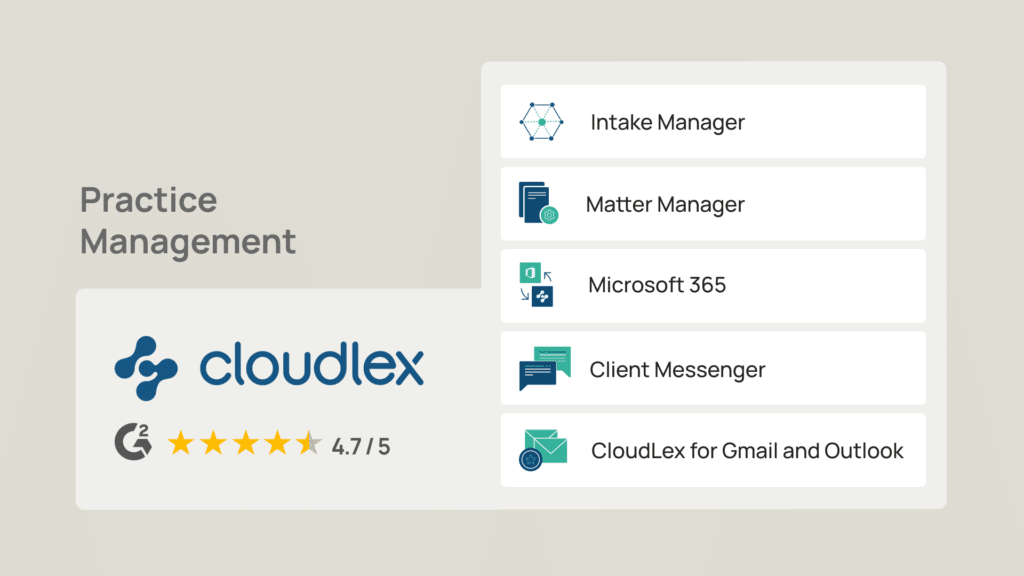
Password management software for lawyers
You should use a different password for each tool for optimal security, and you should periodically change these passwords. Remembering them all can be a challenge, especially since the strongest passwords are random combinations of letters, numbers, and symbols. A password manager remembers the passwords for you in an encrypted virtual vault, usually adding another layer of security in the form of two-factor or multifactor authentication (for instance, after you attempt to log in, the account will send a confirmation code to your phone that you need to enter to prove that you are indeed the owner of the password).
Workplace productivity tools for lawyers
A reputable web-hosting service can help you safely build and maintain your site through top-notch tech support and state-of-the-art see Microsoft 365 and Google Workspace are the behemoths in this space, encompassing word processing, spreadsheets, email, presentations, and other apps essential to just about any business. There are also lesser-known and free rivals, such as Apache OpenOffice, and small players that offer more-robust alternatives to specific applications within these suites. For instance, both Microsoft 365 and Workspace have their calendar apps, but you might find you can benefit from the additional features of an auxiliary calendar app such as Calendar.AI.
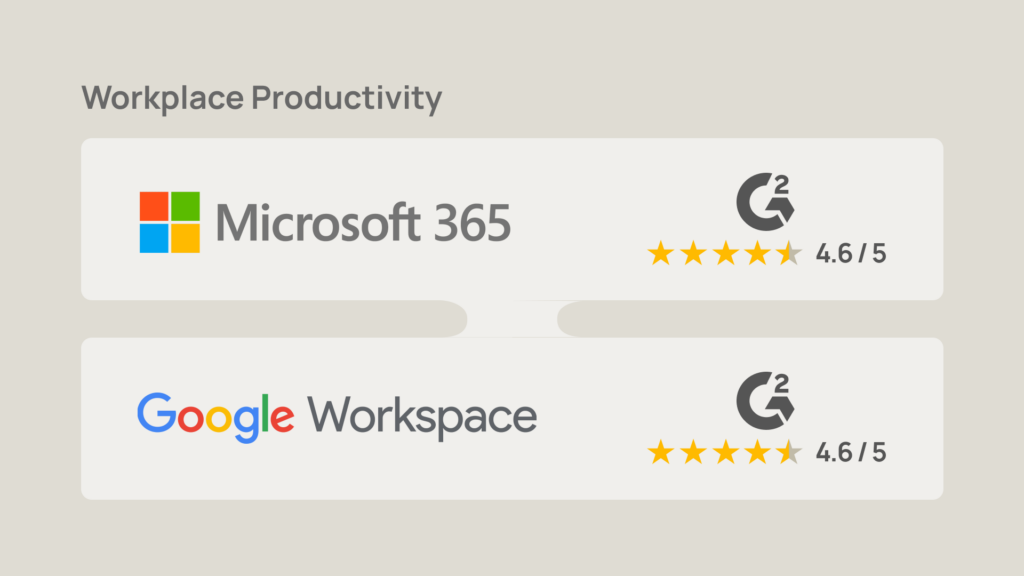
What video conferencing tools do lawyers use?
Google and Outlook calendar are free to use and Google Calendar can also be bundled with a G Suite subscription. It can help manage your Microsoft 365 and Google Workspace are the behemoths in this space, encompassing word processing, spreadsheets, email, presentations, and other apps essential to just about any business. There are also lesser-known and free rivals, such as Apache OpenOffice, and small players that offer more-robust alternatives to specific applications within these suites. For instance, both Microsoft 365 and Workspace have their calendar apps, but you might find you can benefit from the additional features of an auxiliary calendar app such as Calendar.AI.
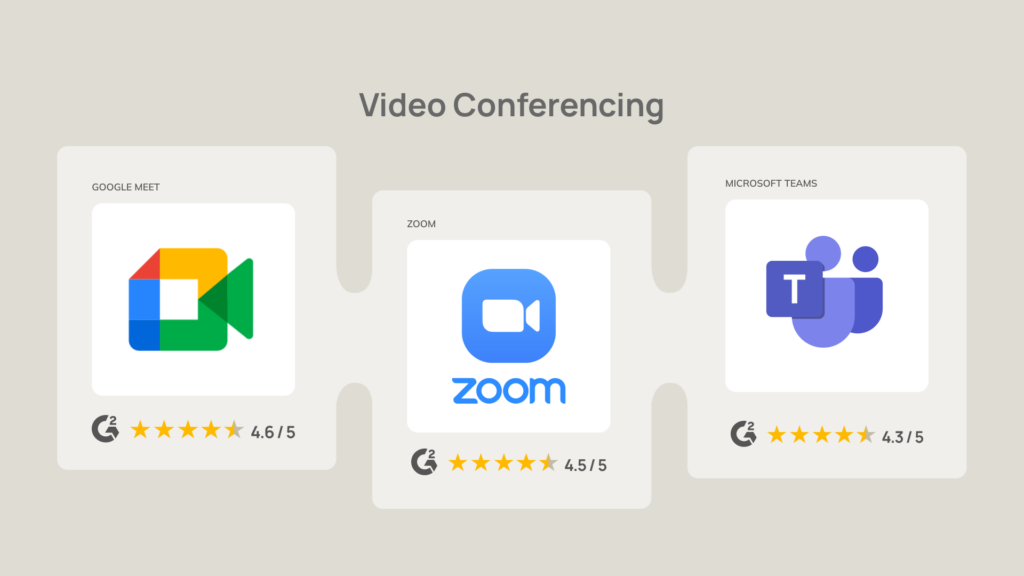
What tools do lawyers use for cloud file storage?
Relying exclusively on physical documents, photos, videos, and other files is akin to commuting via horse-and-buggy: You could do it, but why would you? Storing files digitally on the cloud saves physical space—and with it, the money you might otherwise spend renting storage units or additional office space. It can also be much easier to search digital files than paper documents. Another benefit of digital storage is improved security—no worrying about legal documents getting destroyed, misplaced or stolen. When choosing cloud storage, look for Transport Layer Security (TLS) and other encryptions, permissions-based access, and disaster-recovery contingencies, and as a personal injury lawyer, you need HIPAA-compliant security as well.
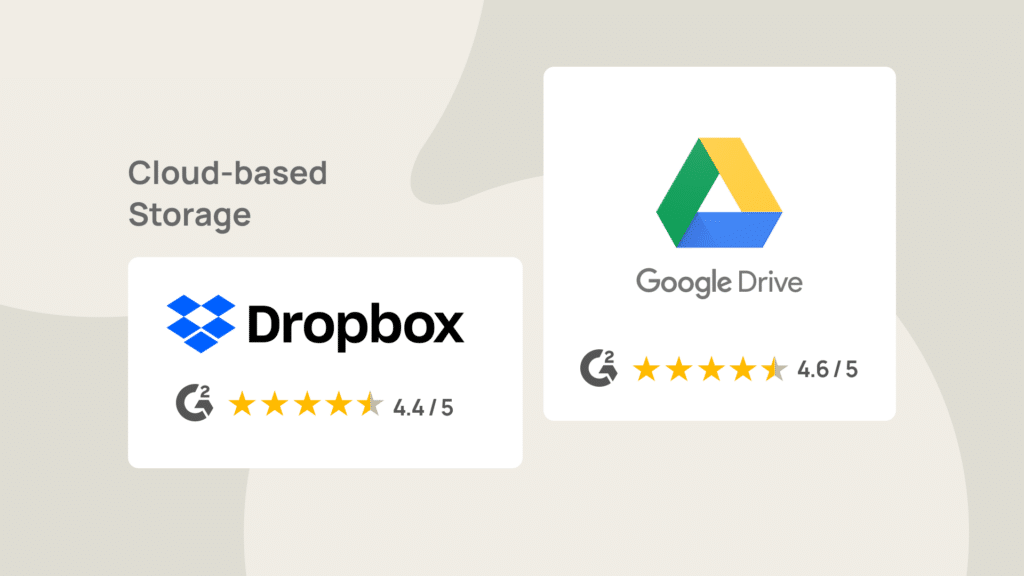
Lawyer tools for E-signature
Just as storing files digitally tends to be more secure than keeping paper files in a storage unit, signing documents digitally is safer than having to courier files to and from clients for signatures, which puts the documents at risk of theft, damage, or mishandling. It also saves law firms money and time. What’s more, the best paperless signature software uses the same sorts of encryption technologies as digital file storage solutions.
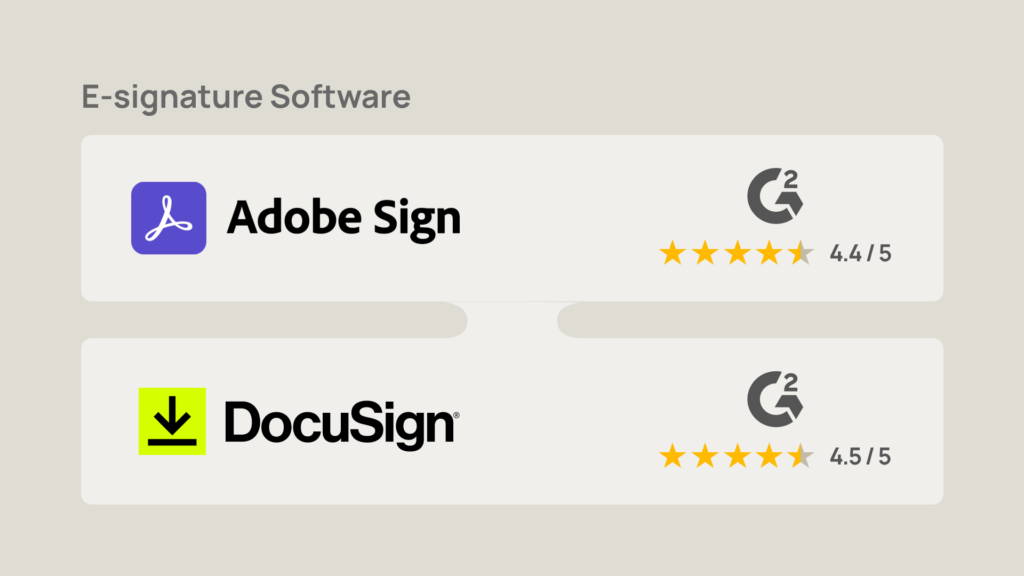
What tools or working equipment do lawyers use for document scanning?
You no doubt have a physical scanner on your premises, but when you’re on the road or in court, a scanner app enables your smartphone or tablet to scan a physical document with its camera and then transform it into a PDF for cloud storage.
What do lawyers use for billing and accounting?
Billing software typically creates, sends, and tracks invoices. Accounting software keeps track of a business’s incomings and outgoings, revenue, and profits or losses. Most accounting programs include tools that facilitate simple invoices, but businesses with more-complex billing models, such as law practices, usually need specialty billing software. Even then, general billing and even accounting software for lawyers might not suffice for certain law practices. Personal injury lawyers who charge contingency fees, for example, need software that goes beyond hourly billing.
Disclaimer: All product names, logos, and brands are the property of their respective owners. All company, product, and service names used in this document are for identification purposes only. The use of these names, logos, and brands does not imply endorsement. We disclaim proprietary interest in the marks and names of others. Any views expressed in this document represent the beliefs and opinions of CloudLex, whose analysis is based solely on publicly available information. No representation or warranty, express or implied, is made as to the accuracy or completeness of any information contained herein. CloudLex expressly disclaims any and all liability based, in whole or in part, on such information, any errors therein or omissions therefrom. CloudLex also reserves the right to modify or change its views or conclusions at any time in the future without notice.

